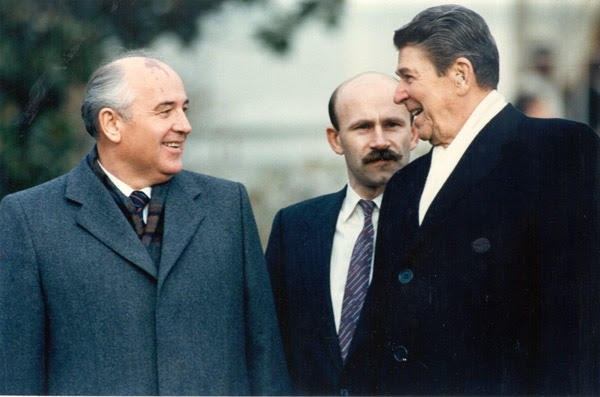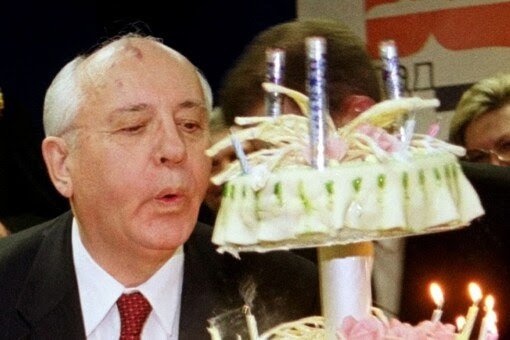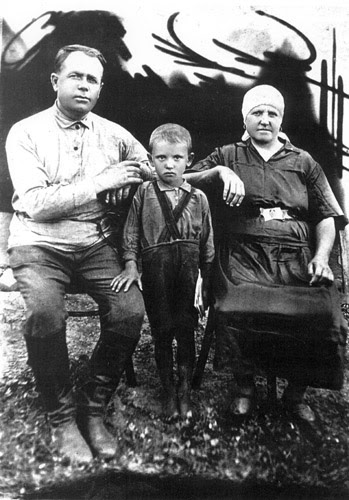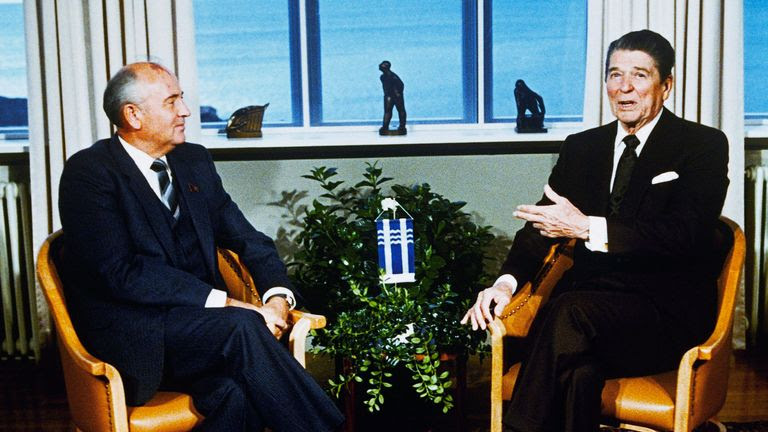Mikhail Gorbachev received the Nobel Peace Prize in 1990 for his role in ending the East-West confrontation in the last century, Mikhail Gorbachev spent the last 20 years in political retreat while regularly making his voice heard, worried about new tensions with Washington. He regularly called on the Kremlin and the White House to engage in a dialogue to ensure global security and reduce their arsenals, as he had done in the 1980s with then US President Ronald Reagan.

Since last month, Russian media had mentioned recurrent health problems of the former leader. An anonymous source, quoted by the TASS agency, said that Mikhail Gorbachev would be buried next to his wife Raissa Gorbacheva, who died in 1999, in the Novodevichy cemetery in Moscow.
Mikhail Gorbachev was well respected and loved abroad, and was constantly praised by personalities from all over the world, as in March 2021, on the occasion of his 90th birthday, when the American President Joe Biden and the German Chancellor Angela Merkel thought of congratulating him.

On the other hand, in Russia, since the fall of the USSR in 1991, he remained an ambivalent figure. While he was the one who gave freedom of expression a chance to emerge, he was for many responsible for the break-up of a superpower and the terrible years of economic shock that followed – a humiliation.
His death has provoked an avalanche of reactions. UN Secretary General Antonio Guterres called Mikhail Gorbachev “a unique statesman who changed the course of history”.
French President Emmanuel Macron paid tribute in a tweet to a “man of peace whose choices opened a path of freedom for Russians”.
European Commission President Ursula von der Leyen also paid tribute to “a trustworthy and respected leader” who, she said, “paved the way for a free Europe.”
Boris Johnson praised his “courage and integrity in ending the Cold War”.
In the Russian capital, Moscow, Russian President Vladimir Putin, quoted by the Kremlin spokesman, soberly expressed his “deep condolences” and “will send a telegram (…) to the family and relatives in the morning”.
Mikhail Gorbachev was the leader of the USSR between 1985 and 1991. He led critical democratic reforms, known as “perestroika” (restructuring) and “glasnost” (transparency).
In 1990, he was awarded the Nobel Peace Prize for “peacefully ending the Cold War”.

Born in south-west Russia in 1931, Mikhail Gorbachev spent part of the COVID-19 pandemic in a Russian hospital.



Comment here